Danger of Unclean hands, leading cause of diseases globally- 2024
Unclean Hands – Author’s views

Unclean hands, leading cause of diseases globally ― Expert (tribuneonlineng.com)
Dr. Nubwa Medugu, a Consultant Pathologist at the National Hospital in Abuja, emphasized the significance of frequent handwashing to curb the spread of infections that can result in illnesses and fatalities.
This assertion was made during an interview with the News Agency of Nigeria (NAN) in Abuja on Friday.
Infectious Disease transmitted through unclean hands
Dr. Medugu emphasized that infectious diseases, many of which are transmitted through unclean hands, persist as the leading cause of diseases and deaths. Hence, she stressed the importance of washing hands with soap and clean water.
She further emphasized that such a practice was a crucial strategy for halting the transmission of diseases and preserving lives.
“Maintaining good hand hygiene practices is vital in diminishing the spread of pathogens such as harmful bacteria, viruses, fungi, and others that cause illnesses in humans.
“It can effectively lower the risk of contracting infections like the flu, food poisoning, and healthcare-associated infections, which are transmissible from person to person.
“The hand plays a pivotal role in daily activities, including handling money, exchanging gifts, eating, grasping objects, and touching surfaces. However, it can also serve as a conduit for transmitting infections, potentially resulting in fatal consequences.
As per the World Health Organization, the implementation of infection prevention and control measures, including hand hygiene, is indispensable for attaining universal health coverage.
Medugu affirmed that this assertion had been substantiated through a pragmatic and evidence-driven methodology, showcasing tangible improvements in the quality of healthcare and patients’ safety.
She elaborated that hands harbor billions of invisible germs, underscoring the importance of instilling a culture of regular handwashing with soap. This practice, she emphasized, would effectively combat diarrhoea and acute respiratory infections, which claim the lives of millions of children worldwide.
The consultant emphasized the importance of healthcare professionals practicing proper hand hygiene, noting that doctors and nurses can potentially transmit infections to patients, and vice versa.
Medugu highlighted that studies have shown approximately one-third of hospital deaths are attributed to infections, underscoring the significant burden that needs to be addressed within healthcare facilities nationwide.
She identified bacteria, viruses, and parasites as some of the primary causes of food-borne illnesses and food poisoning.
The consultant pathologist noted that reactions to these germs can vary from mild gastric discomfort to severe diarrhea and even death.
She urged both adults and children to adhere to handwashing protocols, emphasizing the importance of washing hands before and after cooking or eating food, after using the restroom, after blowing the nose, sneezing, or coughing when sick, after touching animals or their feed, and after handling or disposing of garbage.
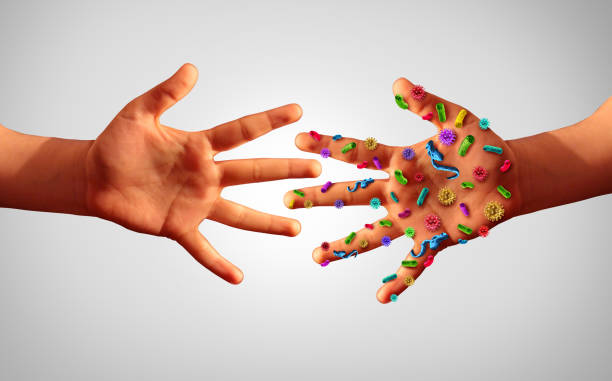
She recommended that when practicing hand hygiene, individuals should thoroughly wash both their hands and fingernails to ensure every part is effectively cleaned.
Furthermore, she urged health authorities at all government levels to implement school health programs aimed at educating students about personal, hand, and environmental hygiene. This proactive approach is essential to interrupting the cycle of infection transmission.
The Danger of Unclean Hands- A leading cause of diseases
In our daily lives, we encounter numerous surfaces, objects, and individuals, each potentially harboring unseen threats to our health. One of the most insidious yet overlooked dangers lies within our own hands. While they may appear innocuous, unclean hands can serve as vectors for a multitude of harmful pathogens, leading to a myriad of illnesses and health complications. In this article, we will explore the hidden peril of unclean hands, shedding light on the risks they pose to individuals and communities alike.
The Role of Hands in Disease Transmission
Our hands are versatile tools, essential for carrying out a multitude of tasks throughout the day. However, this frequent use also exposes them to various contaminants present in our environment. Every surface we touch – from door handles to handrails, from electronic devices to communal objects – may be teeming with bacteria, viruses, and other pathogens. When we touch these contaminated surfaces and subsequently touch our faces, food, or other individuals, we unwittingly facilitate the transmission of these pathogens, setting the stage for illness to take hold.
Understanding the Microbial Landscape of Hands
The human hand is a complex ecosystem, home to a diverse array of microorganisms, both beneficial and harmful. While some bacteria are harmless or even beneficial to human health, others can cause serious infections and diseases. Additionally, viruses such as the common cold, influenza, and norovirus can also reside on the surface of hands, waiting for an opportunity to infiltrate the body and wreak havoc on our health.
Studies have shown that the average person’s hands harbor thousands of different species of bacteria, with concentrations varying based on factors such as hygiene practices, environmental exposure, and individual immune status. Furthermore, certain high-touch areas of the hand, such as the fingertips and nails, can harbor even higher concentrations of bacteria, making them particularly potent sources of contamination.
The Health Risks of Unclean Hands
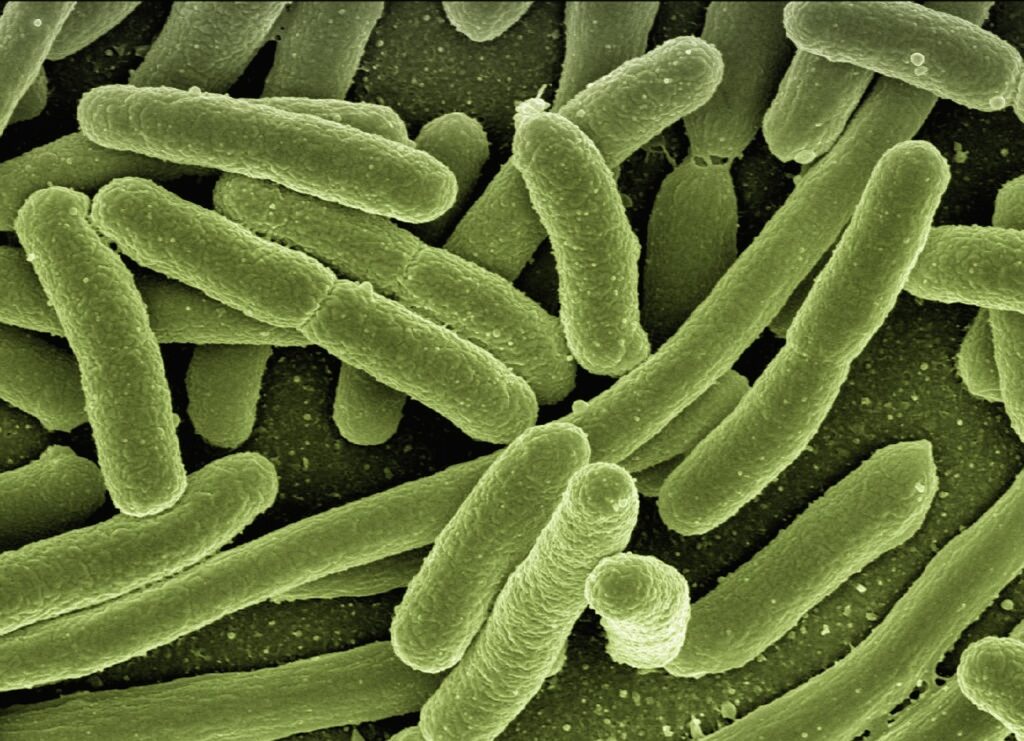
The consequences of neglecting hand hygiene can be severe, ranging from mild discomfort to life-threatening infections. Some of the common health risks associated with unclean hands include:
- Gastrointestinal Infections: Pathogens such as Escherichia coli (E. coli), Salmonella, and norovirus can be transmitted via contaminated hands and cause gastrointestinal infections characterized by symptoms such as diarrhea, vomiting, and abdominal pain. These infections are particularly dangerous for vulnerable populations such as young children, the elderly, and individuals with weakened immune systems.
- Respiratory Infections: Viruses such as influenza, rhinovirus (the common cold), and respiratory syncytial virus (RSV) can be transmitted through respiratory droplets expelled when an infected person coughs or sneezes. If these droplets land on surfaces and are subsequently transferred to the hands, touching the face can introduce the virus into the respiratory tract, leading to respiratory infections such as the flu, colds, and bronchitis.
- Skin Infections: Bacteria such as Staphylococcus aureus, commonly found on the skin, can cause infections such as impetigo, cellulitis, and folliculitis when introduced into broken skin or mucous membranes. Poor hand hygiene can facilitate the transfer of these bacteria from one area of the body to another or from person to person, increasing the risk of skin infections.
- Eye Infections: Conjunctivitis, or pink eye, is an inflammation of the conjunctiva (the thin membrane covering the eye) often caused by bacteria or viruses. Touching the eyes with contaminated hands can introduce these pathogens, leading to eye infections characterized by redness, itching, discharge, and irritation.
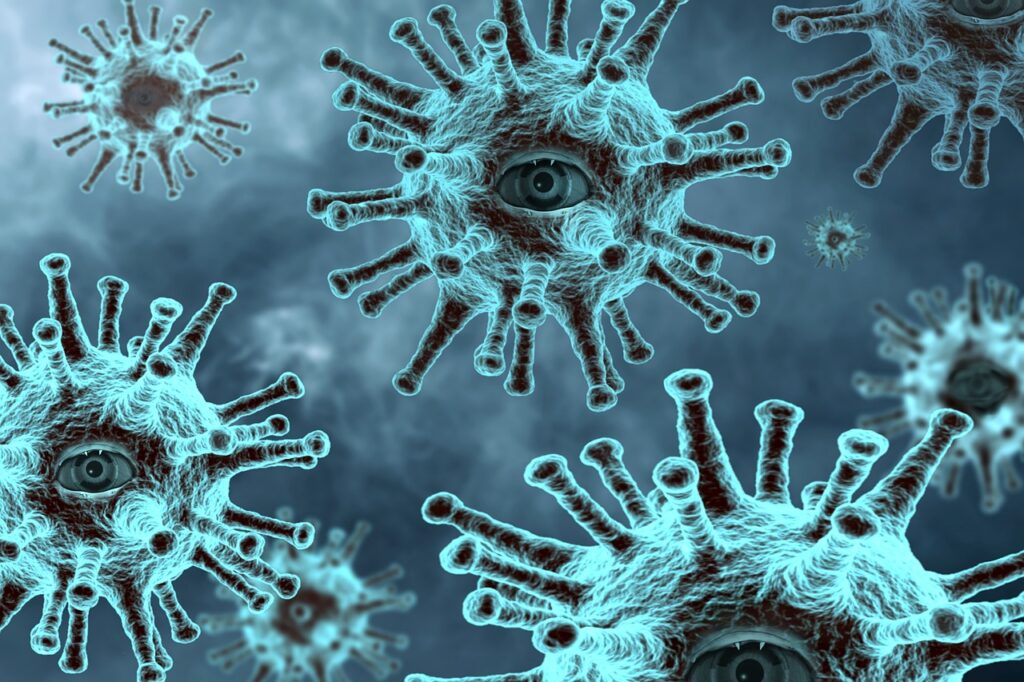
The Importance of Hand Hygiene
Given the significant health risks associated with unclean hands, maintaining good hand hygiene is paramount. Hand hygiene refers to the practice of washing hands with soap and water or using hand sanitizer to remove dirt, bacteria, and viruses. Proper hand hygiene can significantly reduce the risk of infection transmission and protect both individuals and communities from illness.
Effective Hand Washing Technique
To ensure thorough hand washing, follow these steps:
Step 1: Wet Your Hands with Clean, Running Water
The first step in the handwashing process is to wet your hands with clean, running water. Turn on the tap and allow the water to flow over your hands, ensuring that both the front and back of your hands are thoroughly wet.
Step 2: Apply Soap
Once your hands are wet, it’s time to apply soap. Dispense an ample amount of soap onto your palms, ensuring that it is enough to cover all surfaces of your hands. Remember, the soap acts as a surfactant, lifting dirt, bacteria, and viruses from the skin’s surface.
Step 3: Lather and Scrub
Now comes the most crucial step: lathering and scrubbing your hands. Rub your hands together vigorously, creating a rich lather with the soap. Be sure to cover all surfaces of your hands, including the fronts, backs, fingers, and nails. Pay special attention to areas that are often overlooked, such as the spaces between your fingers and the tips of your nails. Continue scrubbing for at least 20 seconds, ensuring that you thoroughly cleanse your hands of any lingering pathogens.
Step 4: Rinse
Once you’ve lathered and scrubbed your hands for the recommended duration, it’s time to rinse away the soap and loosened dirt and germs. Hold your hands under clean, running water, allowing it to flow over your hands and carry away the debris. Ensure that all traces of soap are removed, leaving your hands clean and refreshed.
Step 5: Dry
After rinsing, it’s essential to dry your hands thoroughly. Use a clean towel to pat your hands dry, ensuring that all surfaces are free from moisture. Alternatively, you can air dry your hands by allowing them to dry naturally in the air. Remember, damp hands can harbor bacteria, so it’s crucial to ensure they are completely dry before proceeding.
Step 6: Use Hand Sanitizer (If Necessary)
If soap and water are not readily available, or if you find yourself in a situation where handwashing facilities are limited, hand sanitizer can serve as a convenient alternative. Look for an alcohol-based hand sanitizer containing at least 60% alcohol, as this concentration is effective at killing most germs. Apply a generous amount of sanitizer to your hands, ensuring that you cover all surfaces, and rub them together until dry.
https://clinicalmicrobiology.org/index.php/2024/02/27/group-b-streptococcus/
Conclusion
In conclusion, the danger of unclean hands cannot be overstated. From gastrointestinal infections to respiratory illnesses, the consequences of neglecting hand hygiene can be severe and far-reaching. By understanding the microbial landscape of hands, recognizing the health risks of unclean hands, and practicing proper hand hygiene, individuals can take proactive steps to protect themselves and others from illness. Remember, clean hands save lives – so lather up, scrub thoroughly, and stay healthy.




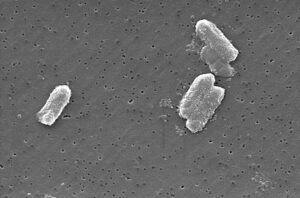







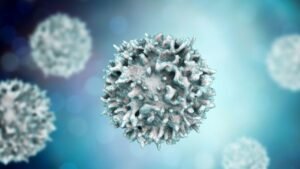
Post Comment